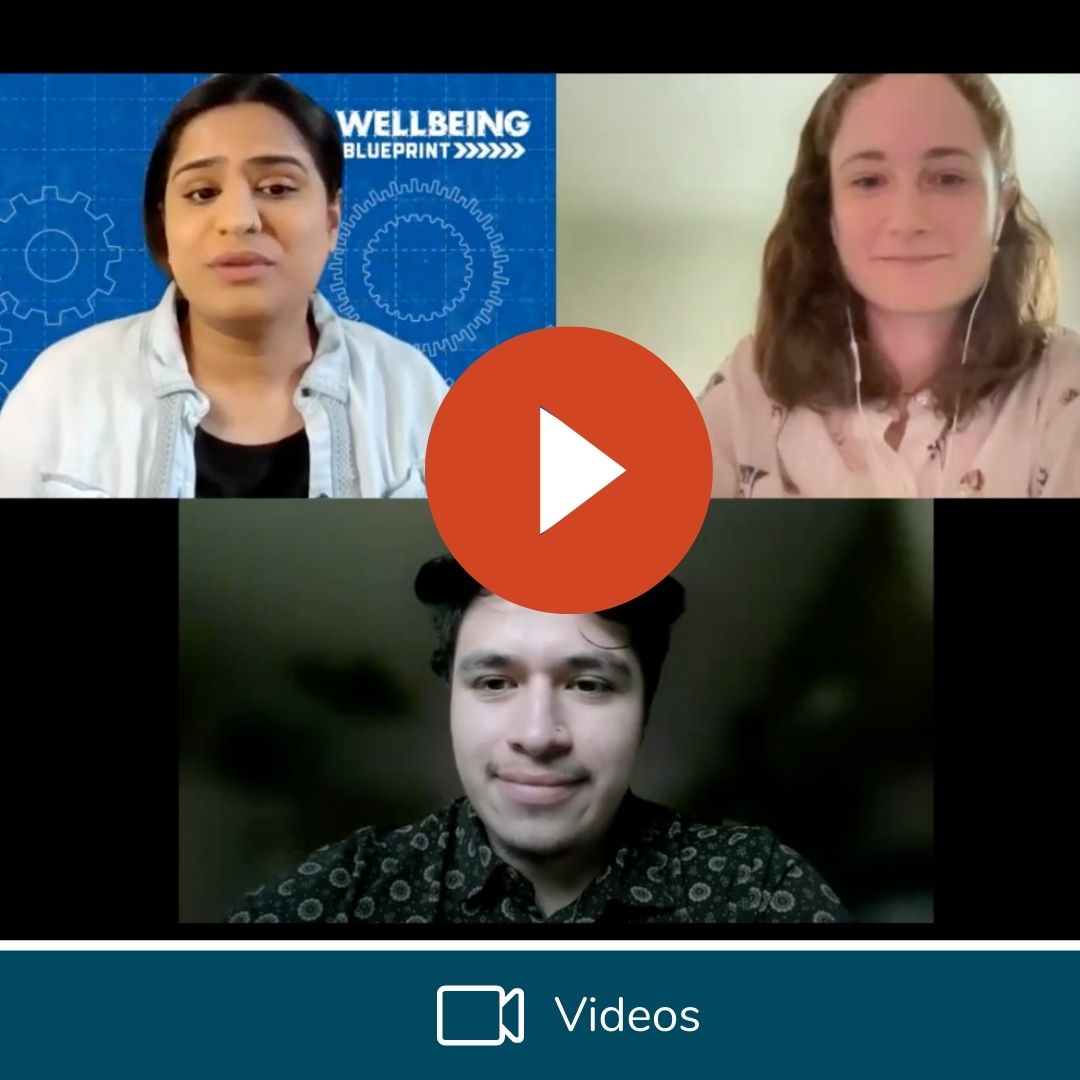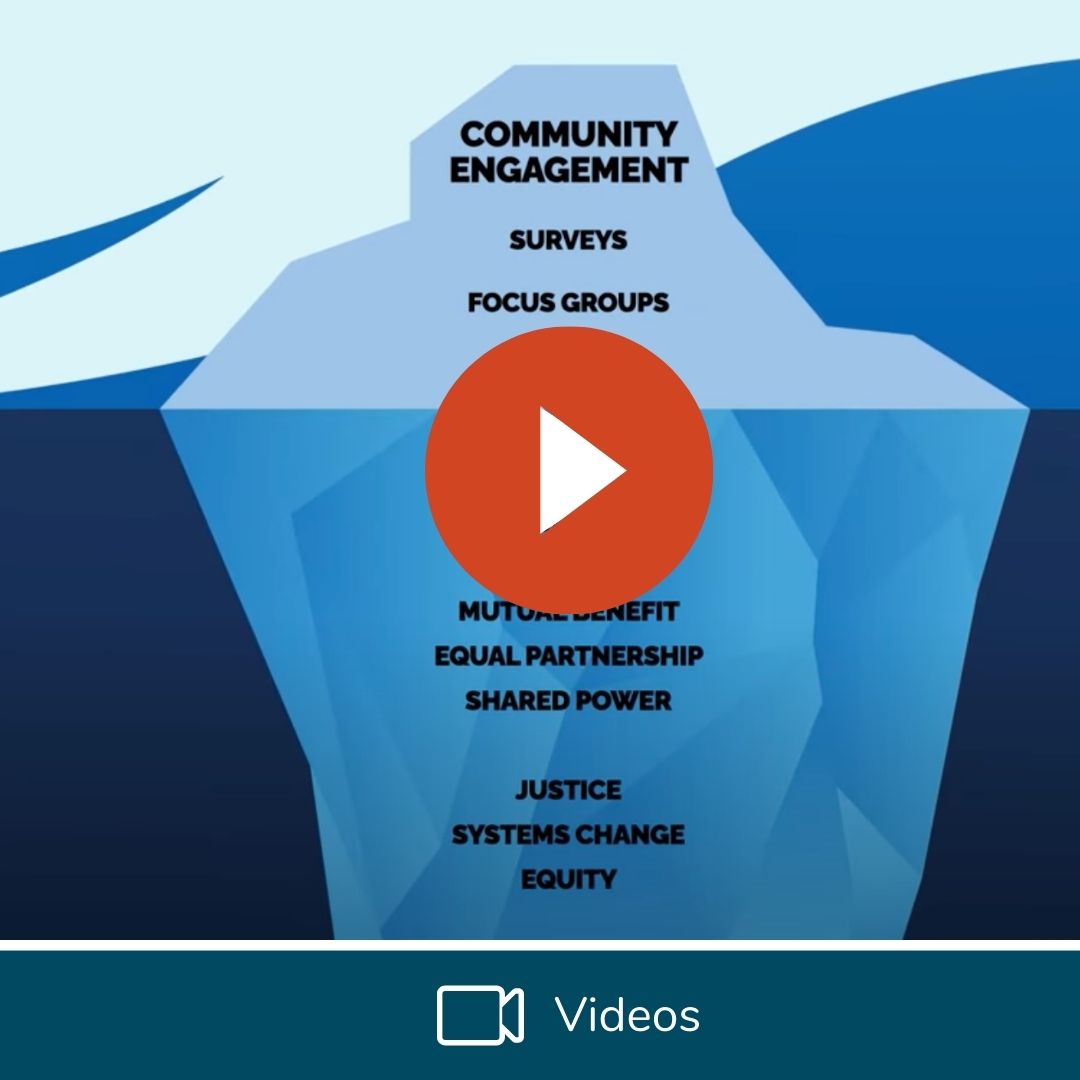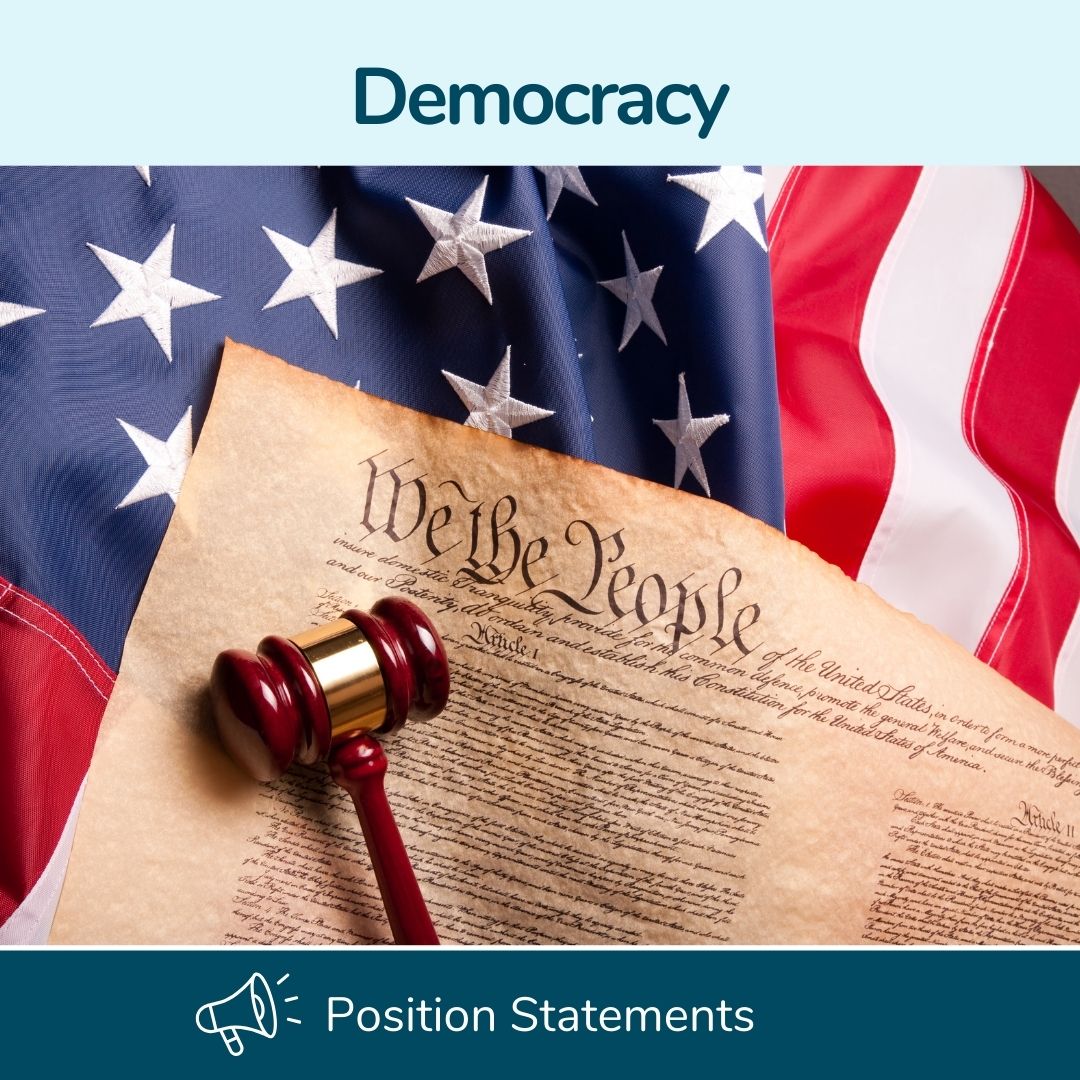What is microdemocracy? How do people’s interactions with systems play a role in our democracy?
Microdemocracy begins with the idea that people in low income communities have more than 100 million encounters each year with public and publicly funded agencies, institutions and services. That includes the welfare system, housing authority, public schools, community health centers and the legal system. Microdemocracy is the vision that those everyday encounters that people have could become places where people are able to participate in decisions that affect them and to hold decision makers accountable.
We believe this would have democratic significance because those services are only created because of decisions made elsewhere in our democracy. We elect representatives who make decisions about public agencies. People should have the right to and should be able to participate in decisions that affect them at that level. It would also have significance because we believe that when people can begin to participate in decisions at the micro level, that can become a starting point for people to participate in democracy on all levels. Frontline service providers, educators, people working in those public agencies can become democracy builders by teaching skills that foster people’s ability to advocate for themselves and participate in decisions that affect them on any level, including by voting, mobilizing and participating in organizing efforts.
We see microdemocracy as a vision that guides all of our work in that way.
What are some ways that systems can change to better center the individual that they are trying to serve and their right to self-advocacy?
Our approach to creating systemic change is by helping frontline workers operate in a way that centers the self-advocacy skills of the individuals they are working with – so that people can navigate systems and advocate for themselves more effectively. We have a very simple educational strategy to help achieve this.
We focus on building two skills. The first is asking better questions, and the second is participating more effectively in decisions. These are very fundamental skills that are important for agency and for self-advocacy and are often overlooked. We see agency and self-advocacy as being very important to wellbeing. We essentially teach these methods to frontline workers, who in turn use it to build capacity with the clients they work with so they can advocate for themselves better as they navigate a variety of systems. What frontline workers would do is walk clients through a step-by-step process, asking questions about the decisions that affect them, both in that service and other systems. We mainly work with frontline workers because they operate within already existing systems, and they have access to marginalized communities and have existing relationships with them. Working with frontline workers, we are able to reach more people.
What we are asking for is a simple shift in practice, from frontline workers only advocating on behalf of or collecting information from their clients, to making space to build their clients’ self-advocacy skills. Clients can use those skills in all settings, even in other systems or situations the frontline workers aren’t part of. Using those skills to create more self-advocacy creates a long-term positive feedback loop. Essentially, by building client skills through these micro-interactions, we hope that individuals will be more inclined to participate in the decisions that affect them. Through this shift they are able to advocate for themselves, their communities and their families in a more efficient way in a variety of institutions. This will create a more democratic society.
How does the Right Question Institute (RQI) center wellbeing in its work?
Our focus is really on agency. By agency we mean people’s belief in their ability and their actual ability to exercise their individual power. We see agency as central to wellbeing and people’s ability to navigate intersecting systems. We have a very simple educational method to foster people’s agency by learning to ask better questions and learning to participate more effectively in decisions. When you work in a way that fosters people’s agency, you’re not just helping people with a singular issue, you’re building their skills so they can advocate for themselves, their families and communities in the long-term and in any setting or situation where decisions are made that affect them.
The second way that our work intersects with wellbeing is how to center community in decision-making processes. Our work has been about creating a simple method for making that principle a reality. One of the methods we use is the Voice in Decisions Technique, which helps people identify decisions that affect them, and then breaks those decisions down into three key elements. Those three elements are the reason for a decision, the process for making the decision and the role that people affected can play in the decision making process. The technique has people ask questions about the decisions that affect them. If you are not able to ask questions about the reason, the process or your role in a decision, then they don’t have effective participation or you can’t hold decision makers accountable.
The third way we see our work intersecting with wellbeing is that we care about the work of the Wellbeing Blueprint – because it talks about where knowledge comes from, where it should come from, where solutions to problems come from, and how to center the experience of impacted communities.
Learn More



